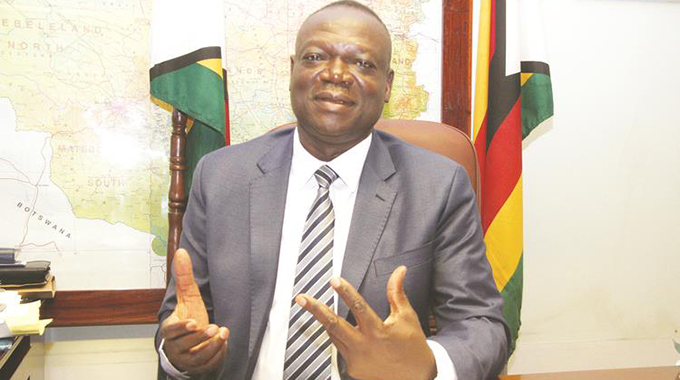Looking Back: Fuel prices for rural buses slashed by 25pc

The Rhodesia Herald, 5 June 1975
PETROL and diesel allocations to rural bus services will be cut by 25 percent from July 1, a Government spokesman said yesterday.
He said: “The business sector has already contributed considerably towards foreign exchange savings and it is now felt that bus operators should make their contribution to the national effort.”
Urban services will not be affected since “adequate transport is essential to carry employees to work”.
Nor will the tourist industry be affected, because it is a major earner of foreign currency.
The spokesman said the fuel cuts could give rural bus operators an opportunity to cut out unprofitable and inessential services.
The number of new buses available to bus operators will also be restricted to conserve foreign exchange.
“No buses will be built for rural operation without the authorisation of the Ministry of Commerce and Industry, and this will be granted only in exceptional circumstances,” the spokesman said.
The suspension or reduction of any bus service will need the approval of the controller of Road Motor Transportation.
But the Minister of Roads and Road Traffic, Mr Roger Hawkins, has agreed that application for suspension or reduction of rural services will be approved because of the reduced allocation, the spokesman said.
LESSONS FOR TODAY
During the mid-1970s, the Rhodesian government was now feeling the effects of sanctions imposed on them by the international community, so they resorted to drastic measures to save the few resources they had.
Fuel was in great demand as the Rhodesian forces were moving all over the country, fighting the freedom fighters.
All non-essential services were downsized, including rural bus operations, which were seen as not generating foreign currency for the nation.
Fast forward to the new millennium, fuel remains a challenge in the country due to scarcity of foreign currency and high demand for the product. Stakeholders must work hand in glove to find lasting solutions in the fuel sector, in order to make the make the economy productive, and achieve the Vision 2030 objectives.









Comments